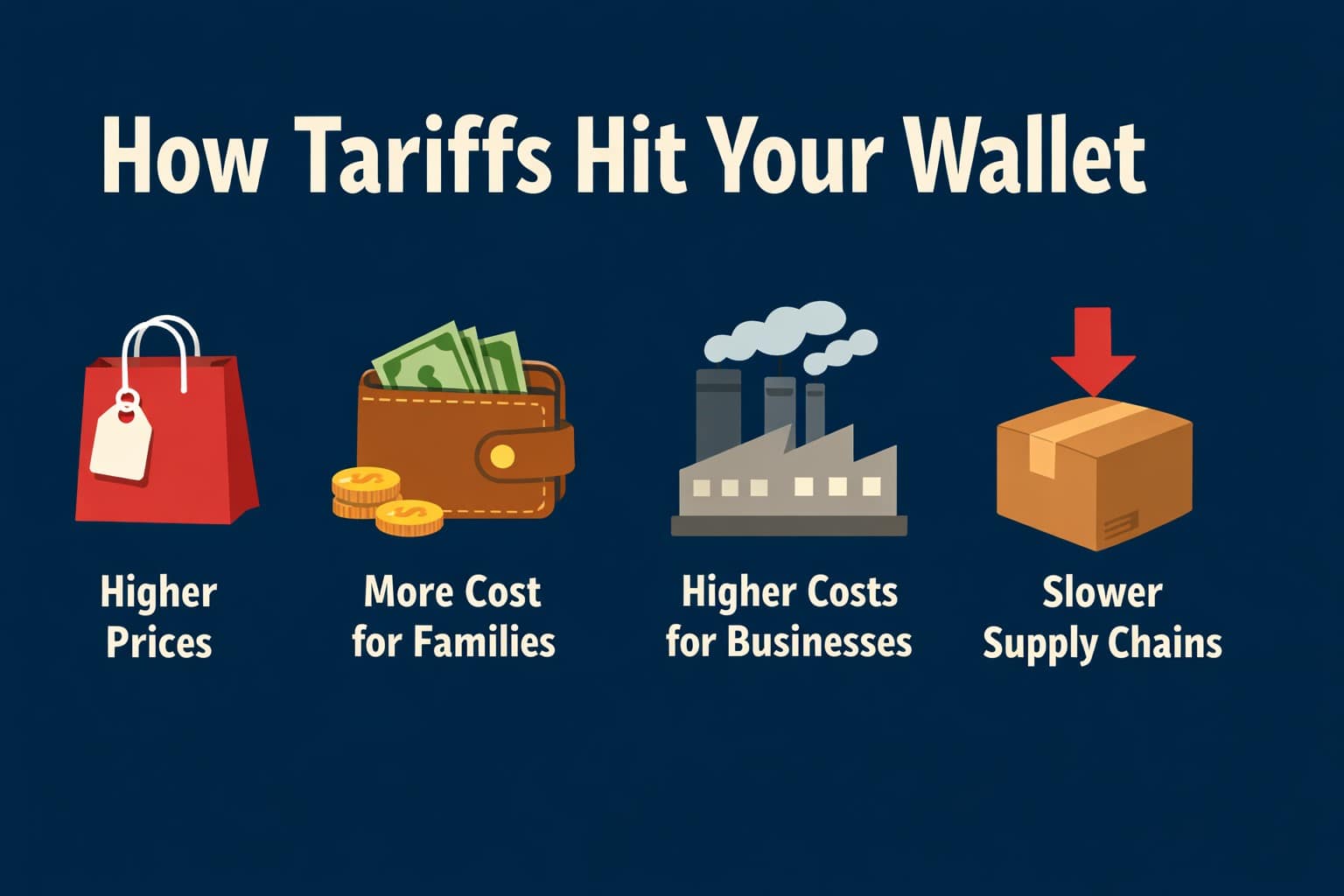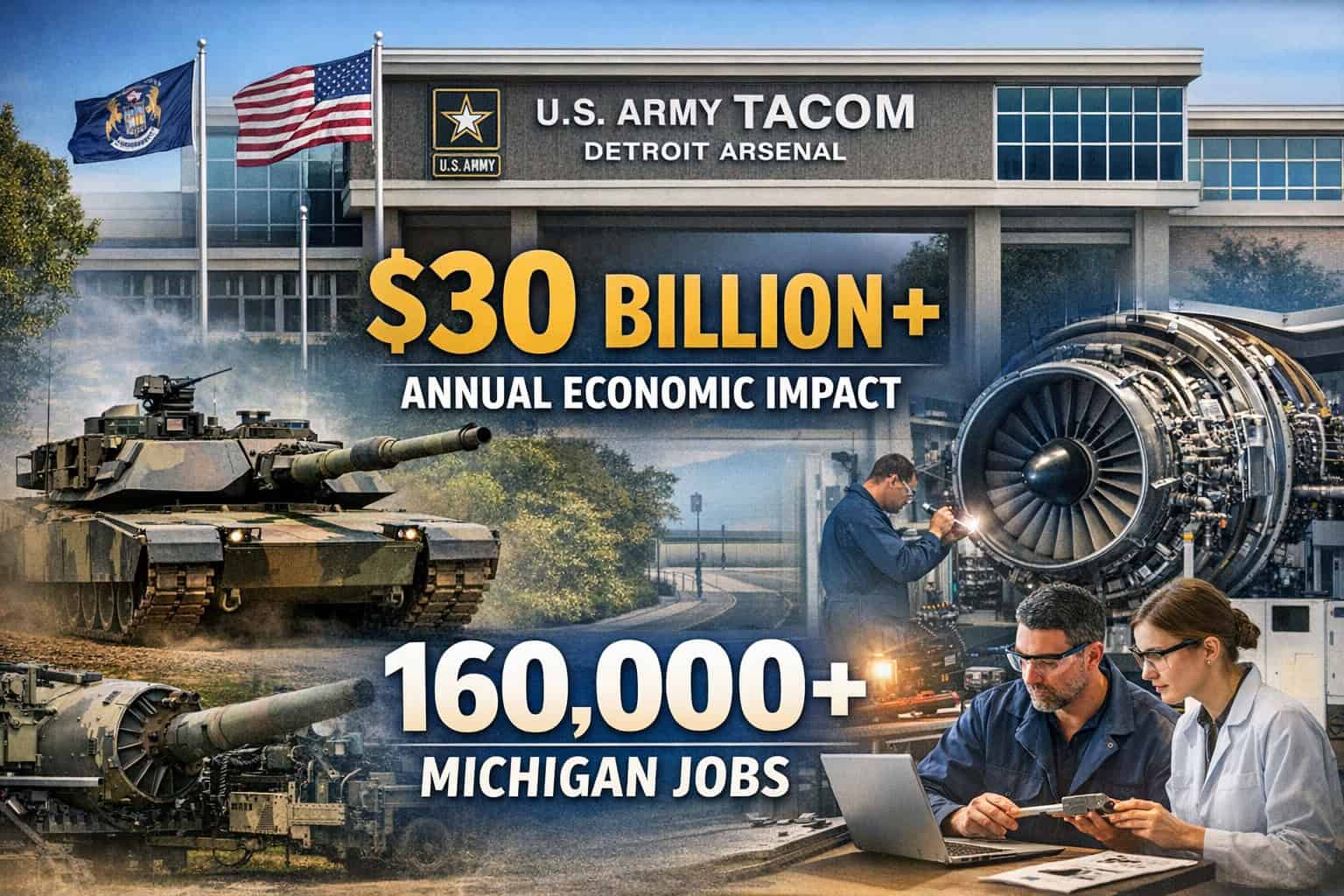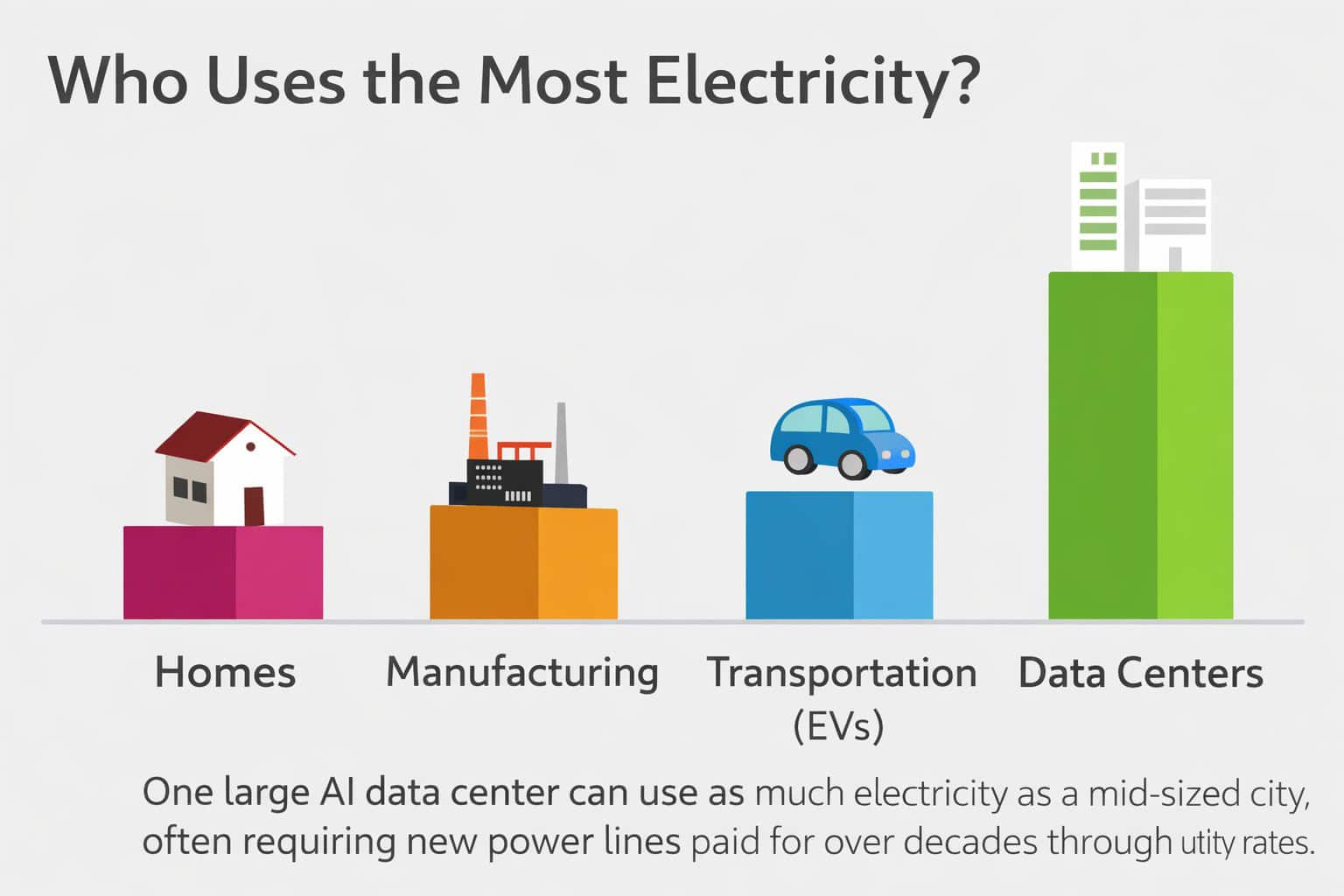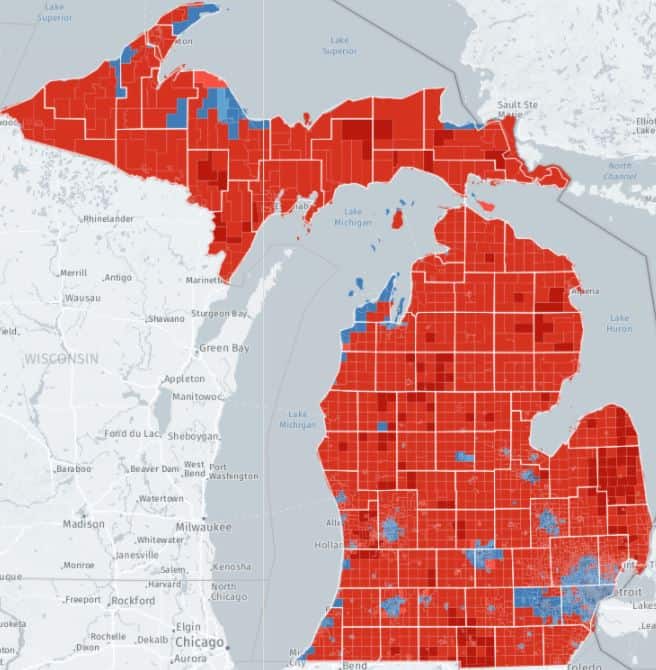LANSING – The Michigan Department of Labor & Economic Opportunity’s (LEO) Community & Worker Economic Transition Office was awarded $750,000 from the Families & Workers Fund as a winner of the Powering Climate and Infrastructure Careers Challenge. The funds will help ensure Michigan has the workforce needed to leverage and implement over $10B in federal clean energy and infrastructure investments and create good jobs for Michiganders impacted by economic transitions.
“Receiving this $750,000 award is a significant step forward for Michigan workers as we look to lead the nation in using federal investments to create good jobs. Our Community & Worker Economic Transition Office is dedicated to making sure Michigan’s workers, communities, and businesses benefit from the clean energy future,” said Jonathan Smith, LEO’s Senior Chief Deputy Director. “This funding will support our efforts to ensure the jobs created in the energy and infrastructure sectors provide good wages, benefits, and economic stability for our residents.”
This award marks another success for Michigan as a national leader in leveraging climate and infrastructure funding and workforce development. Recent reports note that Michigan is the number two state in the nation in leveraging federal funding related to climate and energy and a top five state in job creation and investment landed from the Inflation Reduction Act. Michigan also serves more workforce participants than any other state in the Midwest.
The Families and Workers Fund is a platform for collective action and a pooled $125+ million collaborative fund chaired by the Ford Foundation and supported by 40 diverse funders working together to build a more equitable economy that uplifts all. The Fund deploys catalytic partnerships and collaboration across philanthropy, government, and the private sector to develop a more inclusive, effective public benefits system and to advance jobs that sustain and uplift people. To date, the Fund has committed more than $52 million in grants and strategic partnerships, directly impacted 1.4 million people.
As the Economic Transition Office works to embed job quality standards throughout worker-targeted programs, ensuring that transition-impacted workers have meaningful access to good paying, high skill clean energy and infrastructure jobs, they will use these funds to leverage LEO’s workforce system capacity and sector partnerships by engaging employers and creating industry- and company-specific job quality assessments to highlight the benefits high quality jobs bring to workers’ families and the economy.
After developing and testing this framework during the grant term, the Economic Transition Office will work with other Michigan departments and agencies to adopt similar standards, maximizing the benefits of generational infrastructure and clean energy investments and positively impacting at least 30,000 Michigan workers annually over the next five years.
The project complements the Governor’s recent infrastructure workforce directive to help train 5,000 new infrastructure workers by 2030. Grant activities will help inform Michigan’s statewide infrastructure workforce strategy and ensure that Michigan continues leading the way in workforce development.
There were over 450 applicants to the Powering Climate and Infrastructure Careers Challenge.






